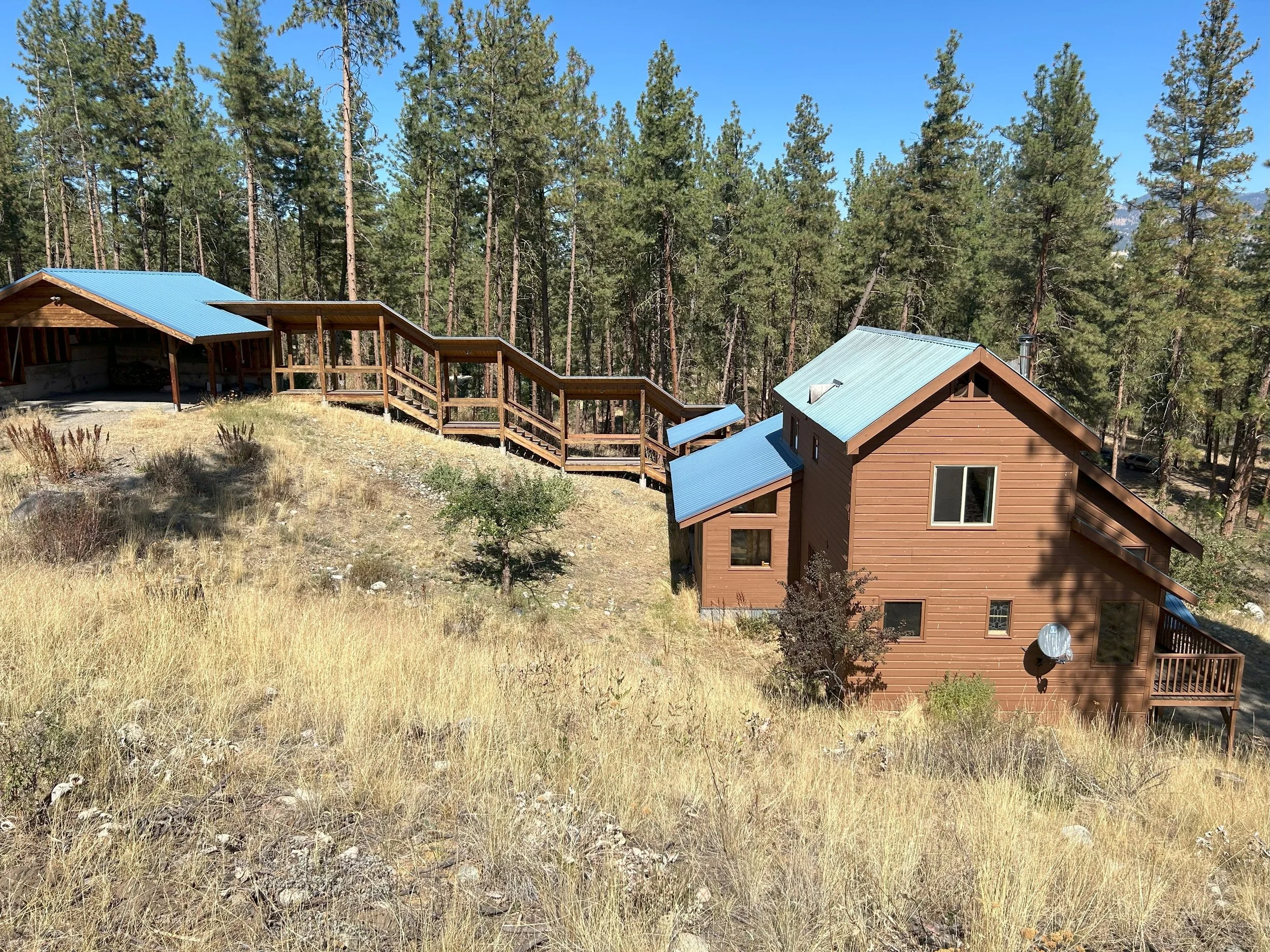Housing Easement Homes
Housing easement homes create homebuying options for middle-income households
We do not currently have any housing easement homes available for sale.




How it works
Housing Easement ownership requirements
In a Housing Easement home, the purchase price is lowered and MHT retains a silent equity portion of the home. In exchange for this more affordable purchase price, owners simply ensure that:
The home is occupied by a full time resident of the Methow Valley.
If the home is not occupied by the owner, the home can be rented, but not for a profit, nor can the home be used for a short term/ nightly rental.
The Methow Housing Trust retains the right of first opportunity to purchase the home at Fair Market Value.
Housing Easements are 100% voluntary and community-driven.
MHT provides a legal mechanism to facilitate housing conservation.
Here is What we know:
The Methow Housing Trust’s core Community Land Trust homes serve up to 1.5x AMI (or, 85% of the community). This work will remain foundational to meeting our mission.
There is an upper-limit on the number of houses the Methow Valley can support.
Demand for homes in the Methow Valley is inelastic: meaning high earners from outside the valley will continue to pay higher prices to purchase a home.
Market homeownership is out of reach for those that live and work in the Methow Valley: it requires 2.5-3x Area Median Income in order to afford the Median home price.
Unless we ensure there is housing available for all local-earning incomes, and enough housing remains occupied by full-time residents, the cultural and economic future of the valley is uncertain.
Please contact Simon or Danica with any questions or inquiries.


